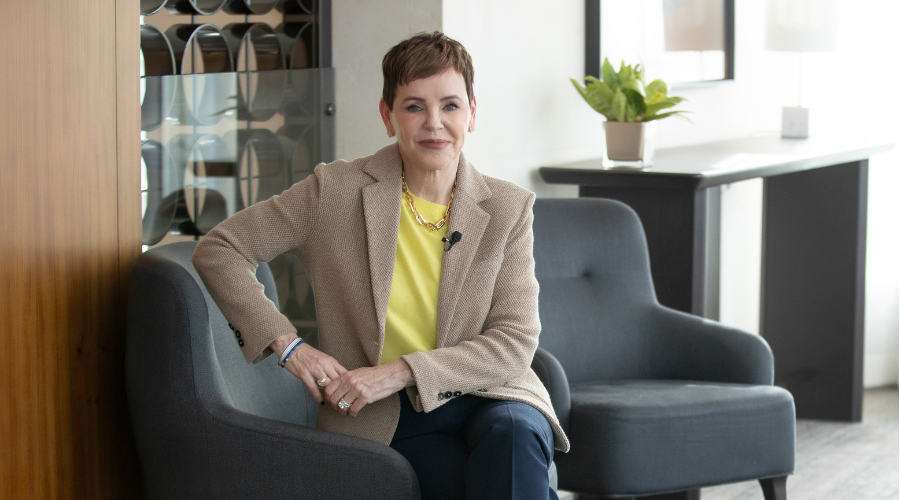The coronavirus crisis has had a huge impact on Canadians’ lives in a short period of time. Thousands have fallen ill from the disease and millions are practising social distancing.
As well as having an impact on Canadians’ health and personal lives, Covid-19 has also affected many Canadians’ ability to make a living. Unemployment could rise to 13.5% and over a million Canadians have applied for unemployment benefit. Forty-four per cent of Canadian households have at least one person who has lost their job or now works reduced hours.
Shares have fallen by as much as 30% and Canadians who are close to, or in retirement, may have to delay their retirement or manage on a reduced retirement income. How can those Canadians whose income has been affected by the crisis boost their finances? Read on to find out.
Government support for workers and retirees
There are several government initiatives that can help Canadians who are struggling financially during the crisis:
- The Canada Emergency Response Benefit: provides financial support to people who have stopped working because of the coronavirus. It’s worth $2,000 over four weeks, with a maximum of 16 weeks payable. Find out how to apply here.
- RRIF help for retirees: the government has reduced the minimum RRIF withdrawal amount by 25% for 2020. This is particularly beneficial to retirees who might otherwise have to liquidate stocks that have sunk in value. This benefit also applies for other registered pension plans.
- The Canada Emergency Wage Subsidy: is paid to eligible employers and covers up to 75% of employee wages. The subsidy is for companies that have seen a reduction in revenue of at least 30%. Employers can apply through the CRA’s My Business Account portal. This subsidy provides a big boost for small businesses, as it allows them to keep their staff employed and be better prepared to resume business when the crisis ends.
How to make savings during the coronavirus crisis
There are several ways for Canadians financially affected by Covid-19 to substantially reduce their outgoings. Some large organizations are offering considerable help during the crisis.
Some service providers are offering flexible payments during the crisis for people experiencing financial difficulties. Many utilities and telecommunications firms, as well as municipalities across the country, are allowing deferred or flexible payments. You would need to contact your service provider directly to find out if you qualify.

Borrowing to keep afloat
During the Covid-19 crisis, some people who have lost their jobs or been placed on reduced hours are struggling to pay their bills. This has led to an increase in interest in loans and other lending solutions.
For personal loans, HELOCs, refinances, and business loans, qualification typically depends on income. Those potential borrowers who are currently on a lower or zero income could struggle to qualify for them.
Even those borrowers who do manage to secure a loan could find the repayments difficult if not impossible to make, which could worsen their financial situation in the long term.
It is important to think about the right financial solution for you. A reverse mortgage could be a better solution, as it doesn’t require any regular repayments and may be easier to qualify for. If you’re a Canadian homeowner, you could access up to 55% of the value of your home in tax-free cash.
Cashing in investments
Selling off shares or other investment assets might seem like the best course of action for anyone whose income has been severely limited. However, this could mean having to accept considerable losses.
Many stocks fell by around 30% in early 2020, so cashing those in could mean accepting a loss which would impact your retirement savings. Some experts recommend that investors should stay invested because the stock market typically bounces back quickly from losses caused by health epidemics. If you cash in stocks held in RRSPs, you would also have to pay withholding tax.
While some income investments, such as bonds and guaranteed investment certificates have lost little or no value, you may still have to pay a large penalty for early cash-in. Before you make any decisions regarding your investments, you should speak with your financial advisor.
Reverse mortgage: boost your income without selling your investments and enjoy the benefits of deferred payments
If you’re a homeowner aged 55-plus, the CHIP Reverse Mortgage® is a great way to boost your income during the coronavirus crisis. It can be taken as a lump sum or in instalments – the choice is yours!
Unlike with a business loan, refinance, HELOC or personal loan, a reverse mortgage doesn’t require any regular repayments. The mortgage payment deferral means you only pay what you owe when you decide to sell or move out and your chances of qualifying are much higher. This mortgage relief due to no required regular mortgage repayments means you can enjoy more financial freedom without any added stress on your retirement income.
Call us at 1-866-522-2447 today to find out how much you could qualify for to boost your income during the coronavirus crisis.































